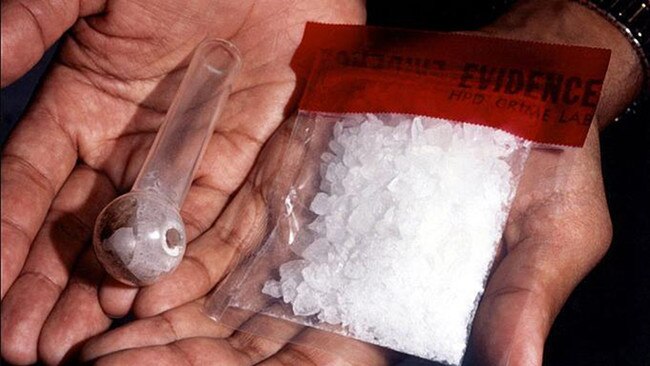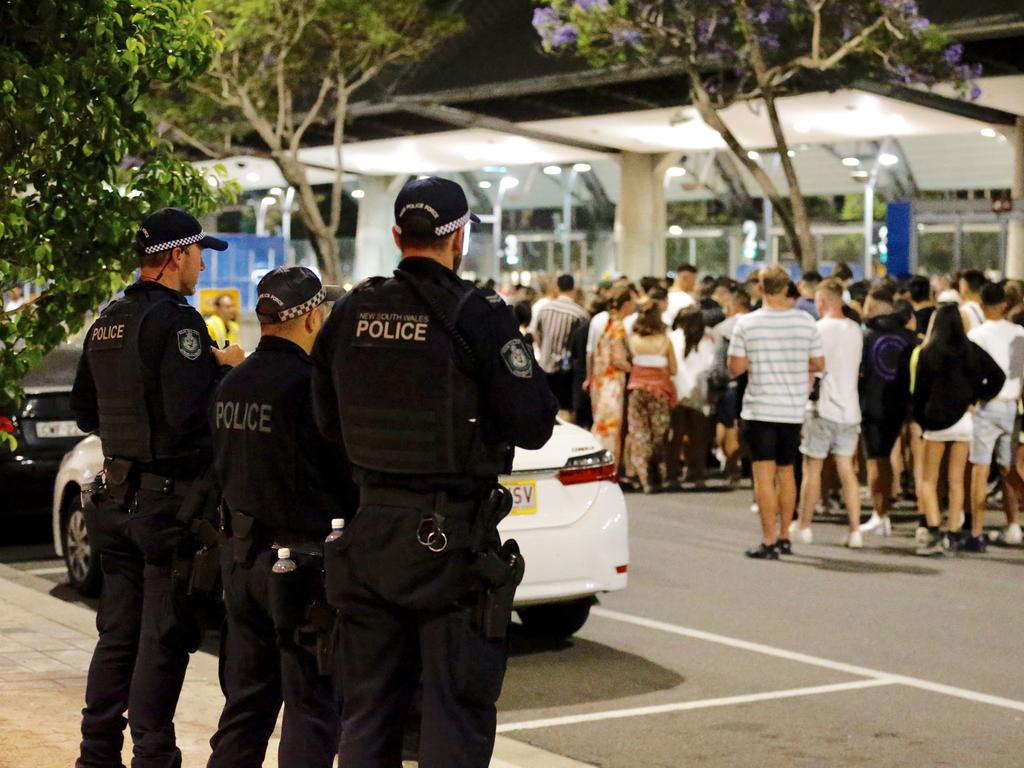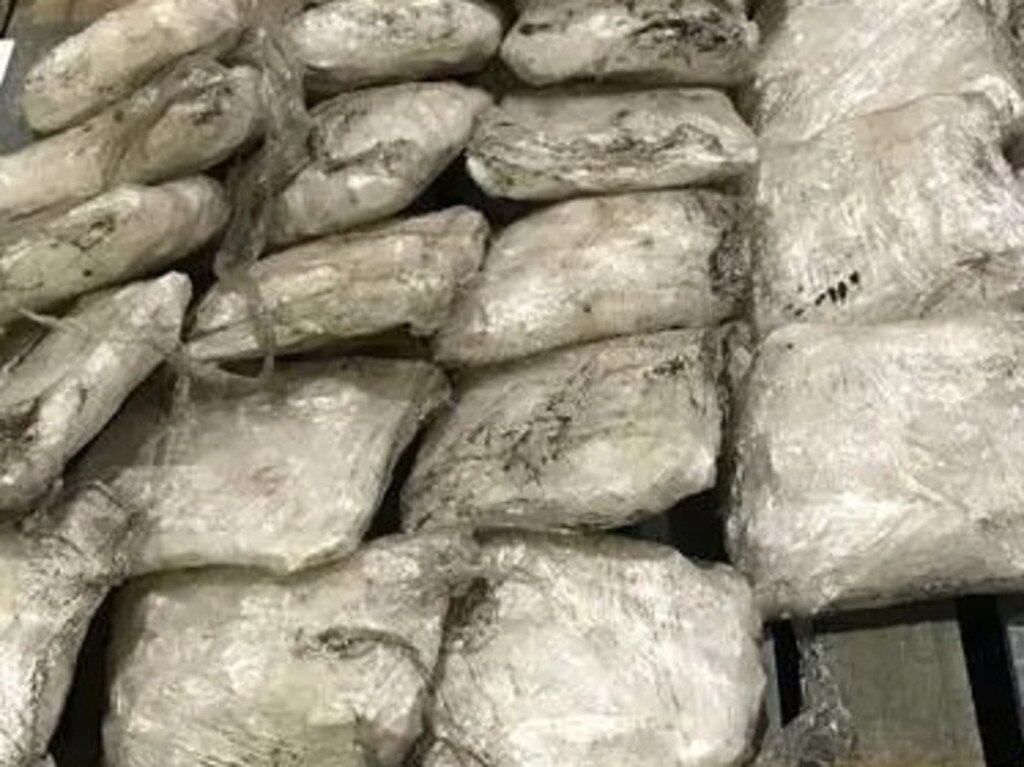NSW commission recommends more injecting clinics to stem tide of ice
A NSW special commission of inquiry into crystal methamphetamine issues 109 recommendations to advance battle against the drug.

A NSW special commission of inquiry into crystal methamphetamine has recommended the decriminalisation of illicit drugs, the statewide expansion of injecting clinics, and drug testing facilities for users at fixed sites, under a dramatic overhaul of existing policies criticised for failing to stem addiction around Australia.
As a fundamental first step, Commissioner Dan Howard SC also emphasised what a chorus of global experts have repeatedly recommended: that illicit drug use be recognised as a health and social problem, rather than a matter of criminal justice.
In his report released on Thursday, Professor Howard outlined 109 recommendations for the NSW Government and urged a “paradigm shift” to its approach on illicit drug use. These include substantial financial aid for treatment services, greater resourcing of diversionary programs, and an expansion of the NSW Drug Court, among other measures.
“It is evident that current responses to illicit drug use in NSW are not effective,” Professor Howard wrote. “It is time for a different approach.”
But the NSW government swiftly ruled out several of contentious recommendations, including a statewide expansion of medically supervised injecting clinics, and the establishment of fixed-site drug-testing services, including at music festivals.
Additional recommendations that called for a cessation of drug detection dogs at music festivals, and to implement a needle and syringe pilot program at one or more prisons, also failed to attract government support.
NSW Health Minister Brad Hazzard said the remaining 104 recommendations will be considered, including a call from Professor Howard – backed by numerous legal and drug treatment services – to completely decriminalise the possession and use of illicit substances.
“The government will consider the remaining recommendations from the inquiry in consultation with stakeholders and will prepare a final response before the end of the year,” Mr Hazzard said.
In general, the inquiry apportioned no blame to any one agency, but it was blunt in its observations of the government’s approach and was critical on its lack of fresh-thinking. Professor Howard said drug policies in NSW had “stagnated considerably” since 2006 – where once the state was a world leader in drug reform, particularly through its diversionary programs and medically supervised injecting centre, today this had slackened.
“NSW currently has no formal drug policy in place,” he said. “The last NSW Health Drug and Alcohol Plan expired a decade ago. In the meantime, a different group of illicit drugs has emerged. Crystal methamphetamine, with its well-documented harms, has become the major illicit drug of concern in NSW, second only to alcohol in the social and economic harms it causes.”
Mr Hazzard said a statutory review of the Drug Misuse and Trafficking Act already found that there was no “sufficiently established need” for additional injecting centres in NSW.
He also maintained that there was insufficient evidence to support pill testing at music festivals, and that drug detection dogs remained the most effective tool for policing mass gatherings.
“Drug detection dogs are the best method for police to screen large crowds of people for the presence of drug odours,” he said.
Some doctors and drug and alcohol workers welcomed the report’s findings, calling them an opportunity to overhaul how treatment services are administered. About 200,000 to 500,000 people seek treatment across Australia each year for alcohol and drug treatment, the inquiry found, though most do not receive it.
“The situation is at its worst in regional and rural areas,” said Professor Nadine Ezard, clinical director at St Vincent’s Hospital Sydney’s Drug and Alcohol Unit. “Increased funding is extremely important, but poor planning is just as much an issue. Services are unevenly distributed, crisis-oriented, and there can be poor integration with other clinical and social programs, with often no easy access point for help.”








To join the conversation, please log in. Don't have an account? Register
Join the conversation, you are commenting as Logout